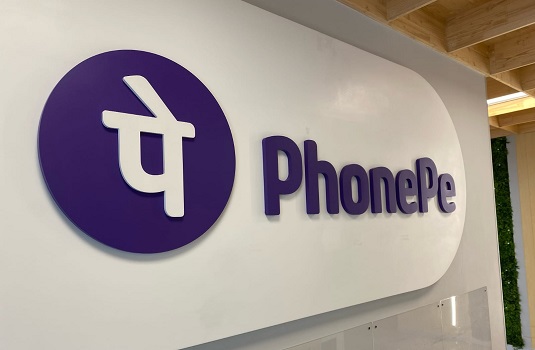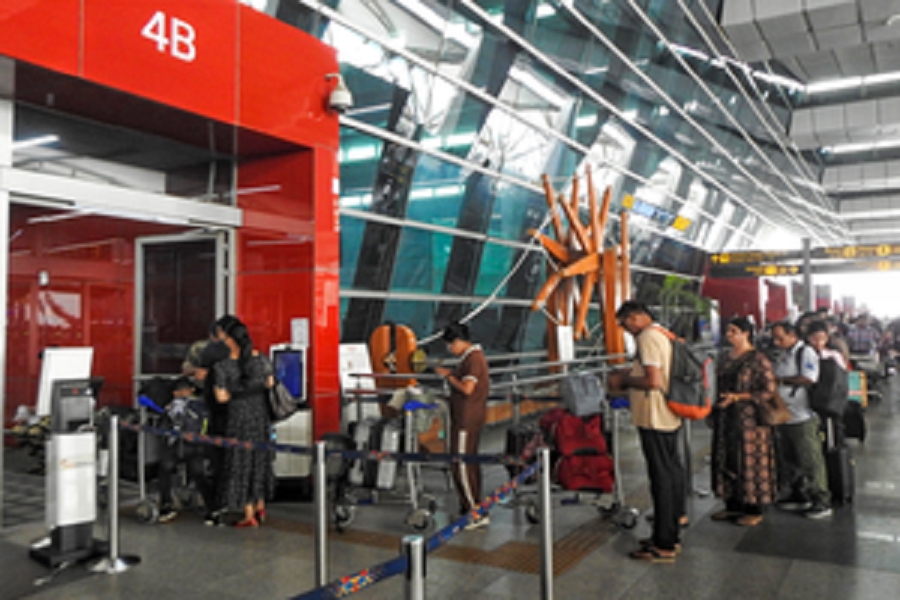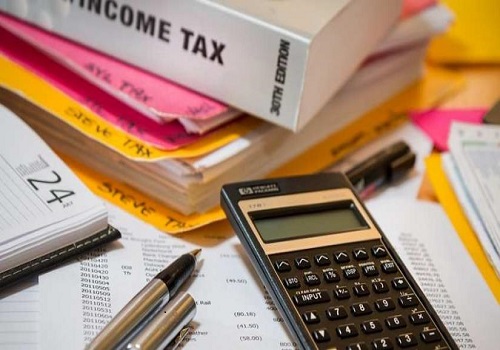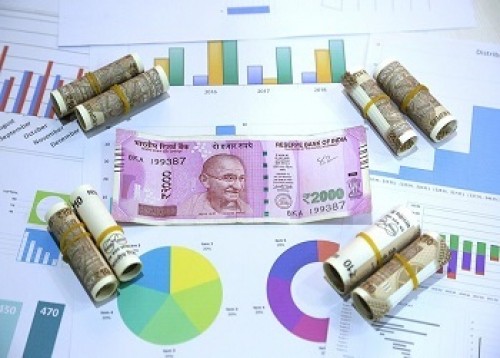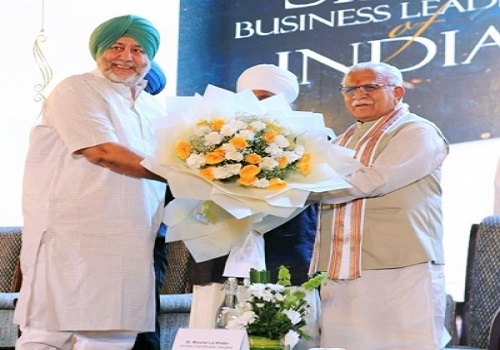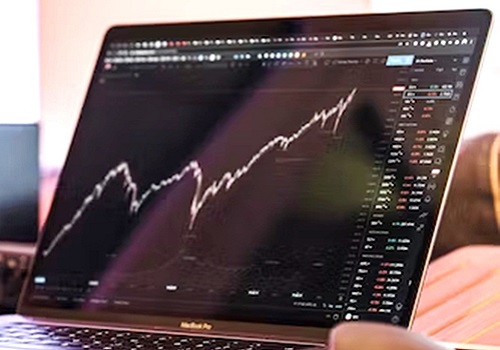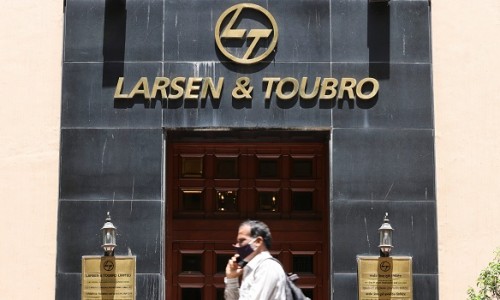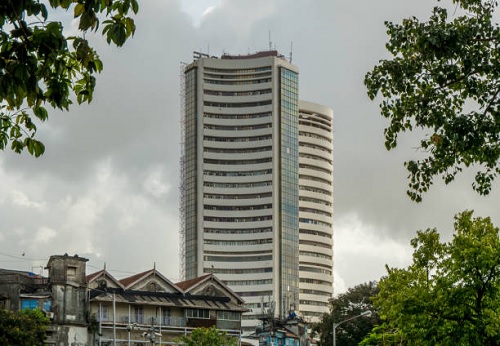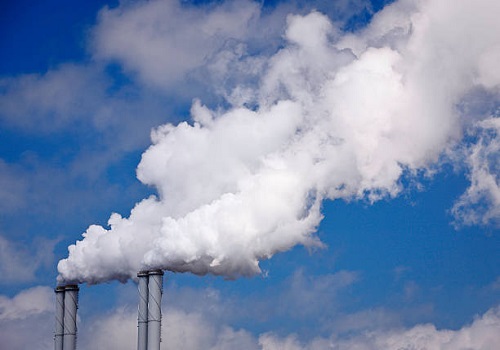Unilever India posts Q3 profit beat, to pay higher royalties to UK parent
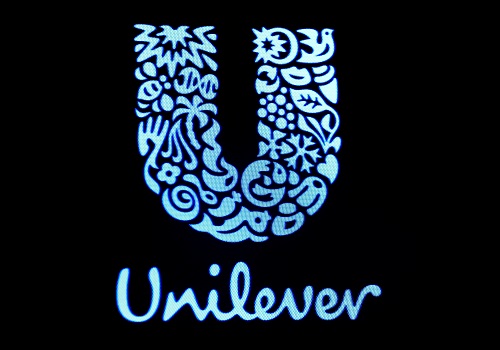
Follow us Now on Telegram ! Get daily 10 - 12 important updates on Business, Finance and Investment. Join our Telegram Channel
India's Hindustan Unilever (HUL) posted a bigger-than-expected quarterly profit on Thursday, helped by growing demand for its personal care products, and said it would pay higher royalty fees to parent Unilever.
Mumbai-based HUL said the royalty and central services fees it pays UK-based Unilever, which has a roughly 62% stake in HUL, would increase to 3.45% of turnover over the next three years, from 2.65% currently.
The new deal is effective Feb. 1, replacing the current 10-year deal that expires on Jan. 31.
"We get the value for what we pay as royalty and service fees, whether it is in terms of innovation or product superiority," HUL Chief Executive Sanjiv Mehta said, comparing the payout to marketing, advertising and promotion costs.
On the quarterly results, Mehta said "the worst of inflation is behind us" and that demand should gradually recover, with HUL already seeing signs of that in rural pockets due to the pickup in farm incomes.
While the Indian consumer goods sector has been growing rapidly over the years due to rising household income and changing lifestyles, rural demand had been hit by the escalating cost of living in recent quarters.
India's retail inflation has hovered around 6% for about a year now – towards the upper end of the central bank's tolerance band – and has eased only in the last two months of 2022.
That helped customers digest HUL's price hikes, which, along with increased volumes, drove the company's total sales about 16% higher to 149.86 billion rupees ($1.84 billion) in the third quarter ended Dec. 31.
Revenue from HUL's beauty and personal care business, its biggest, rose nearly 11% on demand for products such as Close-up toothpaste and Clinic Plus shampoo.
HUL's total profit climbed nearly 12% to 25.05 billion rupees, beating Refinitiv IBES estimates of 24.76 billion rupees. ($1 = 81.3390 Indian rupees)
